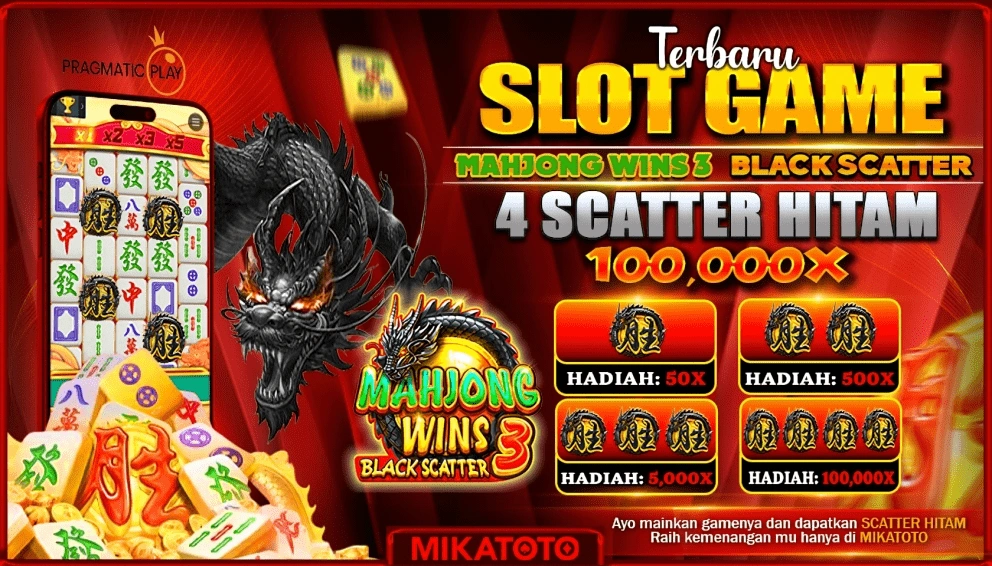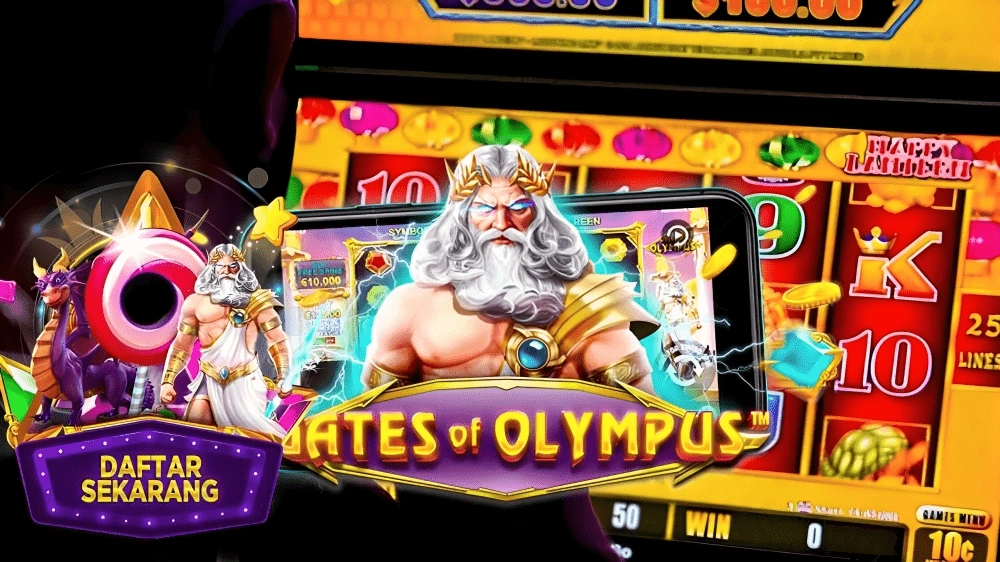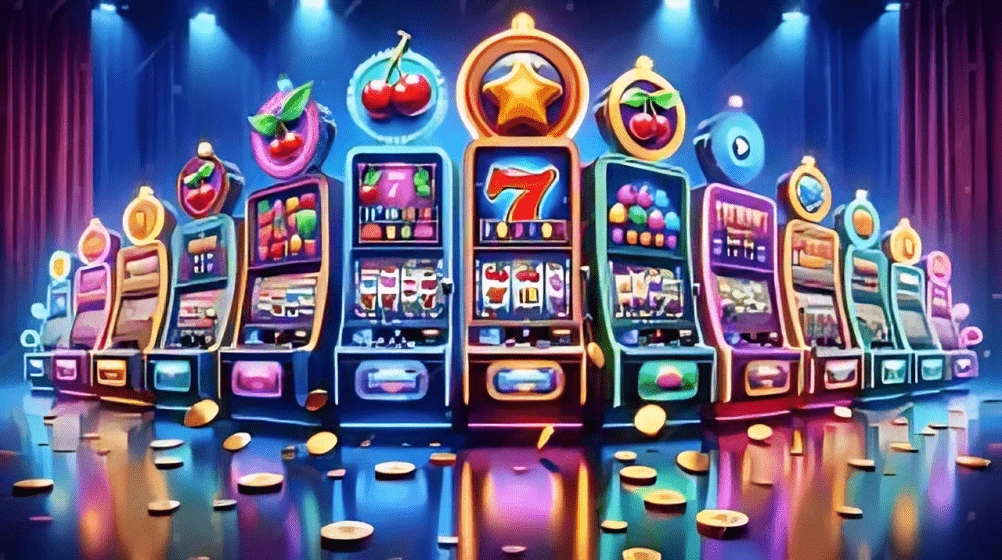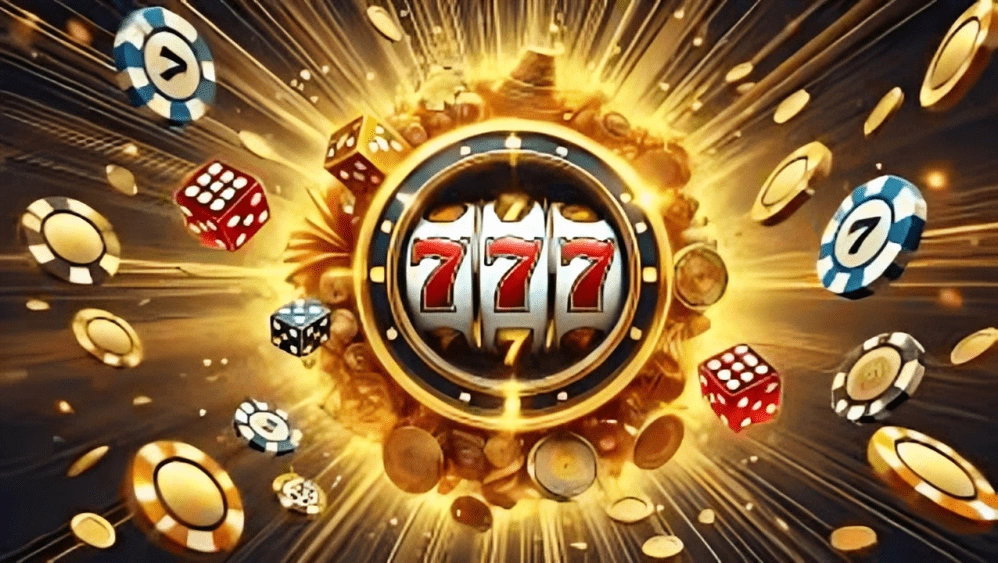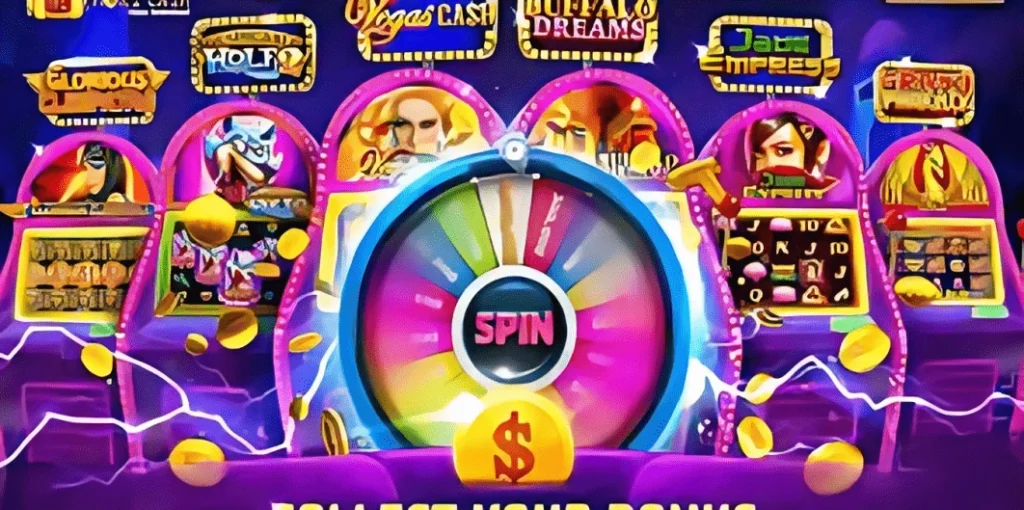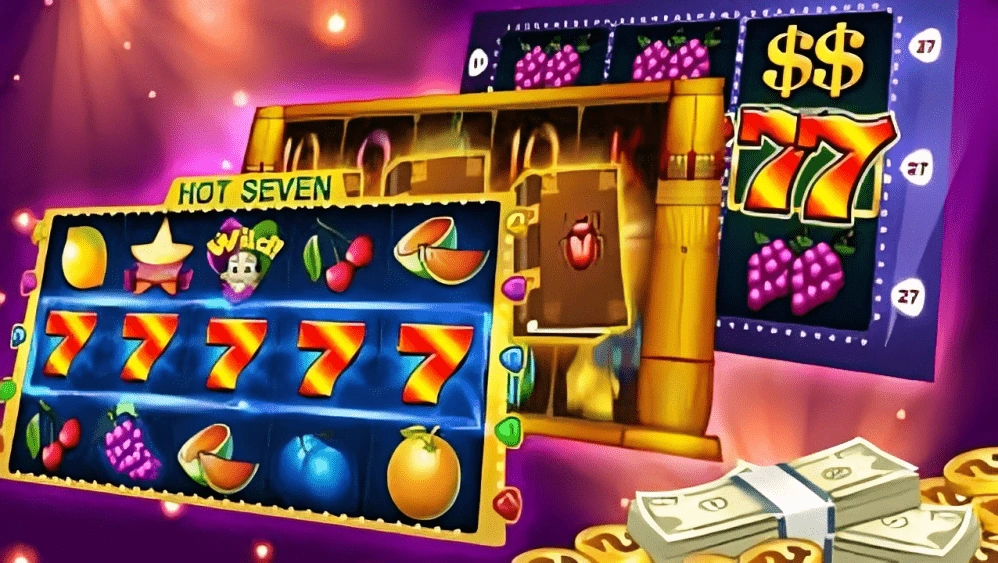Platformer PlayStation Games That Test Agility and Timing
Platformer PlayStation games are some of the best games for players who enjoy agility, timing, and precise control. These titles combine jumping, exploration, and environmental challenges to create fun, dynamic gameplay experiences. popotogel From PSP portable adventures to expansive console worlds, PlayStation games consistently offer entertaining platforming experiences.
Franchises like Crash Bandicoot, Ratchet & Clank, and LittleBigPlanet showcase the appeal of platformers on PlayStation. Players navigate intricate levels, avoid obstacles, and collect items while mastering movement and timing. These PlayStation games are widely regarded as some of the best games for fans of fast-paced, skill-based exploration.
PSP platformers, such as LocoRoco and Patapon 2, brought creative platforming to handheld devices. These titles offered unique mechanics, charming visuals, and engaging level design, proving that PlayStation games could deliver accessible yet challenging platform experiences on the go.
Level design and environmental hazards are central to platformers. Players must time jumps, solve spatial puzzles, and react quickly to dynamic obstacles. Games like Ratchet & Clank: Going Commando illustrate how creative platforming and engaging challenges create memorable experiences for PlayStation audiences.
Collectibles and hidden secrets enhance exploration. Players can find bonus items, unlockables, and secret areas, encouraging repeated play and mastery of levels. PlayStation platformers leverage these features to reward curiosity and skillful navigation.
Multiplayer and co-op modes add variety. Some platformers allow friends to work together or compete in challenges, enhancing replayability and social interaction. PlayStation platforming games use these mechanics to create fun, collaborative, and competitive experiences.
In conclusion, platformer PlayStation games combine agility, precision, and creativity to deliver engaging adventures. From PSP handheld classics to modern console epics, these titles exemplify the best games for players who enjoy skillful navigation, exploration, and dynamic level design.


